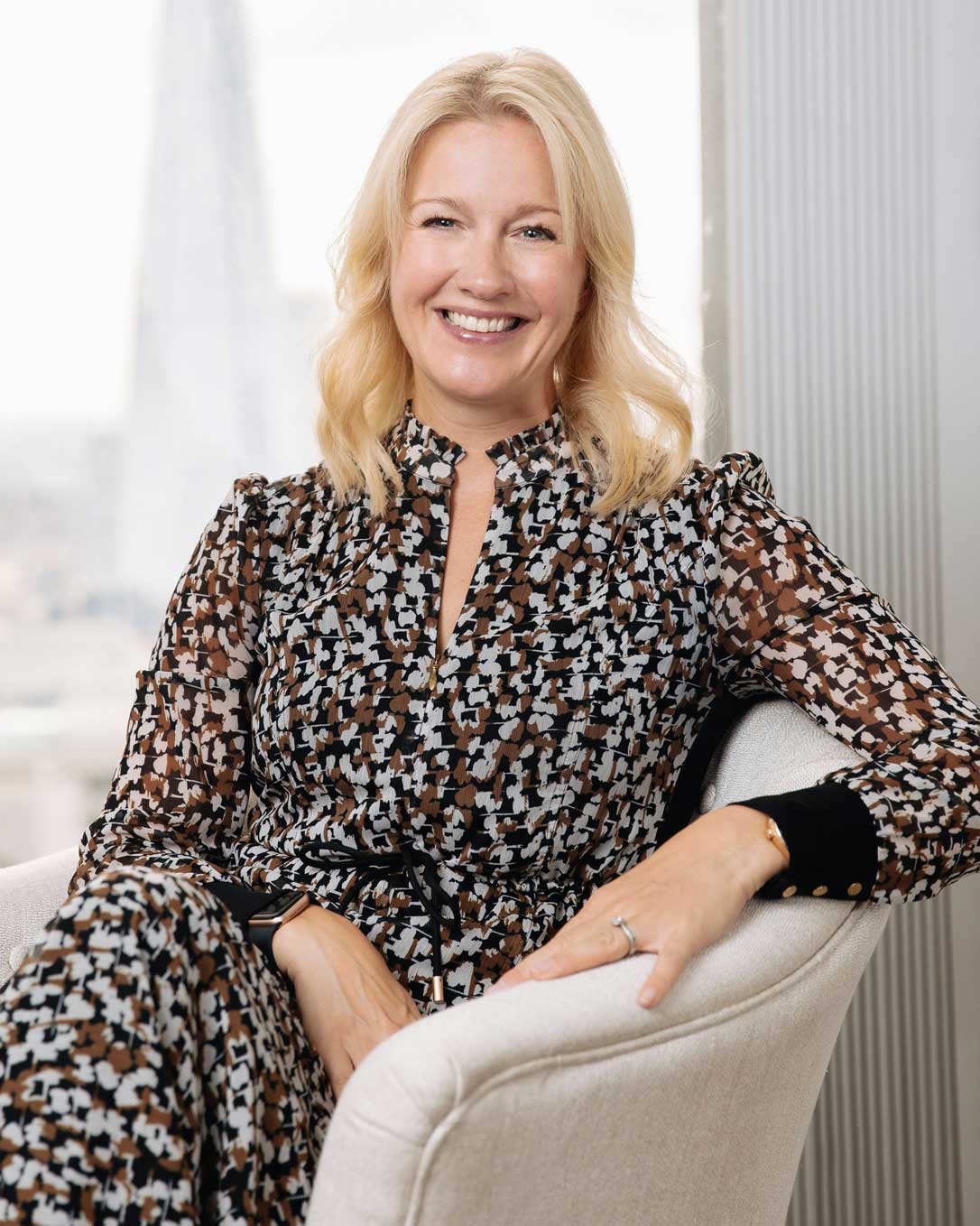The challenge in incorporating technology & digital skillsets onto Boards
Digital disruption, cyber, legacy systems, cloud, AI: topics that present organisations with both huge risk, and opportunity. Over the past decade, companies have been debating whether their governance structures and boards are adequately equipped to address these challenges. Historically board members have tended to reflect the traditional executive profile; heavily composed of former commercial, risk and finance executives of the same (or tangential) sector. It has been clear for some time that whilst these skillsets are essential as part of a successful and well-functioning board, alone, they are not fully equipped when it comes to guiding organisations through the fast moving, high risk and often opaque demands of a digital transformation.
In response, many organisations have started diversifying their board composition by incorporating specific technology and digital expertise. So much so that based on Per Ardua proprietary research, we now estimate that circa. 60% of FTSE100 companies have added what is often referred to as the “Tech NED”.
The discussion has now clearly progressed, shifting from debating the necessity of these skillset, where consensus indicates they are essential, to focusing on the best ways to integrate technology expertise into the broader board composition.
As the pace of digital and technological change accelerates, the failure to integrate these skill sets into boardrooms is increasingly becoming a significant concern.
From our discussions with numerous Chairs and NEDs on this topic, there is a perception that technologists often lack board room fundamentals. Issues around fit / board compatibility, breadth of contribution beyond the tech agenda, misalignment of skillset to the role requirements and making the transition from executive to non-executive, have been the key themes identified. As the pace of digital and technological change accelerates, the failure to integrate these skill sets into boardrooms is increasingly becoming a significant concern.
We have highlighted four strategies we believe can help reduce the risk of failure for “Tech NEDs”.

1. PRIORITISE THE “NED” IN “TECH NED”
In a previous research study by Per Ardua (Paveway) looking at the qualities and capabilities considered most important in non-executive directors in Financial Services in the UK, three potential areas of impact were highlighted: executive experience and credibility, commercial capability, and mindset & interpersonal behaviours. The research indicated that whilst track record and technical skills are important, they are a baseline only and mindset, interpersonal and behavioural skills have the greatest impact on effectiveness. In our experience, a well-rounded non-executive director first and foremost, who is complimented by a specific skillset (e.g. technology) is the most effective form of non-executive director.
For effectiveness at board level, we should not become overly focused on the “tech” part of the “Tech NED”.
The term “Tech NED” has a tendency to flatten what is a varied and diverse community of technology / digital leaders into one homogenous group.
There were six interpersonal and behavioural themes most cited by respondents as importnant differentiators between low and high-impact NEDs. These behaviours were:

NEDs of any variety should be able to add to and opine on a broad variety of board discussions; the “Tech NED” should be no different in this regard and should be judged on this capability at interview and selection.
2. LOOK FOR BREADTH OF EXPERIENCE
Often the best NEDs have a breadth of experience they can bring to bear across the entire board agenda. Evidence of broader experiences in the executive career such as some operational or commercial
exposure, beyond pure technology, can often be a good indicator of success in a “Tech NED”. NEDs of any variety should be able to add to and opine on a broad variety of board discussions; the “Tech NED” should be no different in this regard and should be judged on this capability at interview and selection.
3. SCOPE THE ROLE
Whilst breadth in a NED is clearly important, so is depth. Any accomplished NED should bring a T-shaped skill-set and therefore understanding up front where your organisation’s specific technology / digital requirements lie and marrying these with the skillset of the incoming NED is critical. The term “Tech NED” has a tendency to flatten what is a varied and diverse community of technology / digital leaders into one homogenous group. For example, supporting and advising on the rationalisation and modernisation of legacy systems will likely require a different set of skills to digitising a business model or creating a new digital business. Chairs need to think carefully to align future organisational strategy with the type of NED appointed so as to allow the greatest relevance and value achieved.
To assist organisations in defining the role, we have identified four archetypes of “Tech NED” commonly seen across the market and outlined the scenarios in which their experiences are likely to be most relevant. (See Fig 1).
Chairs need to think carefully to align future organisational strategy with the type of NED appointed so as to allow the greatest relevance and value achieved.
Figure 1: Following Per Ardua’s recent proprietary research into the representation of technology / digital NEDs on FTSE250 boards, we identified four broad profiles of individuals bringing this expertise to the boardroom.
Whilst these profiles all demonstrate a depth in technology and digital, the specific requirements and composition of individual boards will dictate which is likely to fit best

4. SUPPORT THE TRANSITION
Given the “Tech NED” is a relatively new addition to the board, it is not unusual for these individuals to be first time NEDs. Sometimes, it is even preferred, given sitting or recently retired executives will have a more up to date knowledge of technology products, platforms and vendors.
Making the transition from executive to non-executive can be challenging. As a non-executive, the focus is not on running the company, rather it is to support, advise, and provide oversight of the CEO and the executive team. Many first time NEDs forget this. Technology leaders, CTOs/CIOs and COOs are often deeply operational and
natural problem solvers. The traits that contributed to their success in executive roles, such as a strong desire to roll-up their sleeves and “fix the problem”, can sometimes become derailers as a non-executive.
Providing training, coaching and support to new NEDs of any skillset should be a core part of the on-boarding process. Transitioning Executives themselves should seek out NED training and development programmes as well as find a mentor that can help guide them through the transition. We also recommend giving new NEDs exposure across other board committees; for technologists, the Risk & Audit Committee is often a natural forum and starting point for their board involvement.
The traits that contributed to their success in executive roles, such as a strong desire to roll-up their sleeves and “fix the problem”, can sometimes become derailers as a non-executive.
It is our belief that a more critical and thorough hiring process be implemented when recruiting technology, digital and cyber skills onto boards. To some extent, seeing this role as distinct and different to any other non-executive director is part of the problem. Clearly there are certain experiential nuances that need to
be considered (see Fig. 1) but the starting point should be a board composition, and the focus should be overwhelmingly on how to recruit a board member that can contribute across the breadth of the agenda. Perhaps we should be moving away from the “Tech NED” terminology, which can be a distraction, and focus more on the board room fundamentals of a high impact NED.
The good news is that we are seeing an increasing depth and diversity of technology talent available to boards which is gradually helping to remove some of the long-held biases and perceptions of
“technologists” being purely back-office service providers. This is partly driven by a more diverse talent pool entering technology related professions, as well as the continued elevation of technology leaders within organisational hierarchies. For example, CIOs of large global organisations are often managing significant budgets, sometimes into the billions of dollars and
are increasingly playing a pivotal role in shaping the strategic direction of companies. To do this effectively requires sharp commercial practices and a range of executive skills beyond what people would typically associate with a CIO or technology leader. As such these executives are very different animals to their predecessors and will likely be more board savvy.
This continued evolution should help to embed technology as a core part of any boards core composition but without intentional change there is a risk it happens to late for some.
Perhaps we should be moving away from the “Tech NED” terminology which can be a distraction and focus more on the board room fundamentals of a high impact NED









